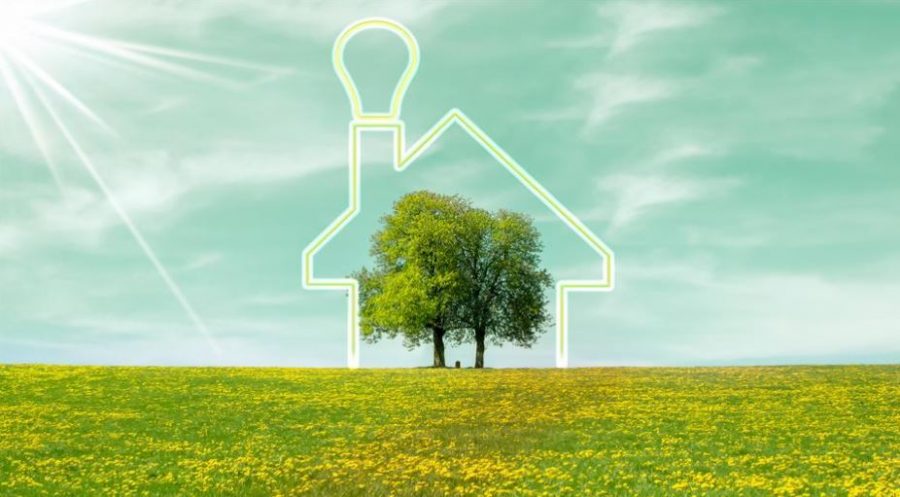Tips on how to make your home more eco-friendly
With a bigger focus than ever on sustainability, its no wonder that there has been a spike in interest when it comes to making our homes more eco-friendly.
Compared to just 10 years ago, the way in which we provide energy to our homes has massively changed. Things like solar power, which was once thought of as a novelty, is now one of the cheapest methods of generating electricity.
However, on a more everyday basis, how can we take steps towards making our homes environmentally conscious?
Smart meters
In the UK, the government plans for every home to have been offered a smart meter by 2020 – and for good reason!
Smart meters work by recording exactly what you’re using and when. This means that estimated tariffs will be a thing of the past and you will only have pay for exactly what you use.
The screen on the meter will give you real-time insight into your energy usage. This is not only great for your personal finances, but it also means that you’ll be able to better plan for how you can reduce your utilities going forward.
Plumbing
Something that often gets overlooked when it comes to making your home eco-friendlier is the plumbing. Residential properties are a big contributing factor to water consumption and with some newer systems in your home, you will be able to better conserve your water.
Things like dual plumbing systems are ideal for handling your water waste responsibly. These systems work by separating water into waste and reclaimed. The reclaimed water is treated to remove any dangerous bacteria and is recycled to be used for things like farming. If you’re looking to get a dual plumbing system, always consult with a local plumber to make sure the job is done correctly.
Compost
Another big contributor to everyday home waste is food. Did you know, in the UK we waste around 10.2 million tonnes of food and drink every year?
To avoid becoming part of that figure, why not start to create your own compost?
Instead of throwing away your left-over food or scraps, turn this into compost instead.
It’s best to invest in a compost bin that you can keep outside so that your food waste is collected hygienically.
You can use this compost as fertiliser to maintain your garden and or vegetable patch which is a great way to reuse your unwanted food throughout the year.
Energy-saving lighting
While you may have gotten yourself a smart meter, what else can you do to bring your utility bills down even further?
A simple, quick and cheap option is to switch out the bulbs you are using.
Things like LED bulbs, for example, are currently the cheapest that they have ever been to purchase. This, combined with the fact that LED’s use 85% less energy than a standard halogen bulb makes switching a no-brainer.
LED bulbs are favoured among homeowners and renters alike thanks to the fact that they are cheaper to use as well as being brighter than the typical halogen bulb. In fact, in 2018, the EU banned the use of halogen bulbs in homes because the benefits of LED lights far outweighed those of their halogen predecessors.
There are endless ways you can improve the carbon footprint of your everyday home life. With a few simple swaps, you’ll immediately notice the benefits. While saving money is a great benefit for these eco-friendly swaps, the reduced impact you will be having on the environment will help towards a more responsible way of living.
Share It on :





